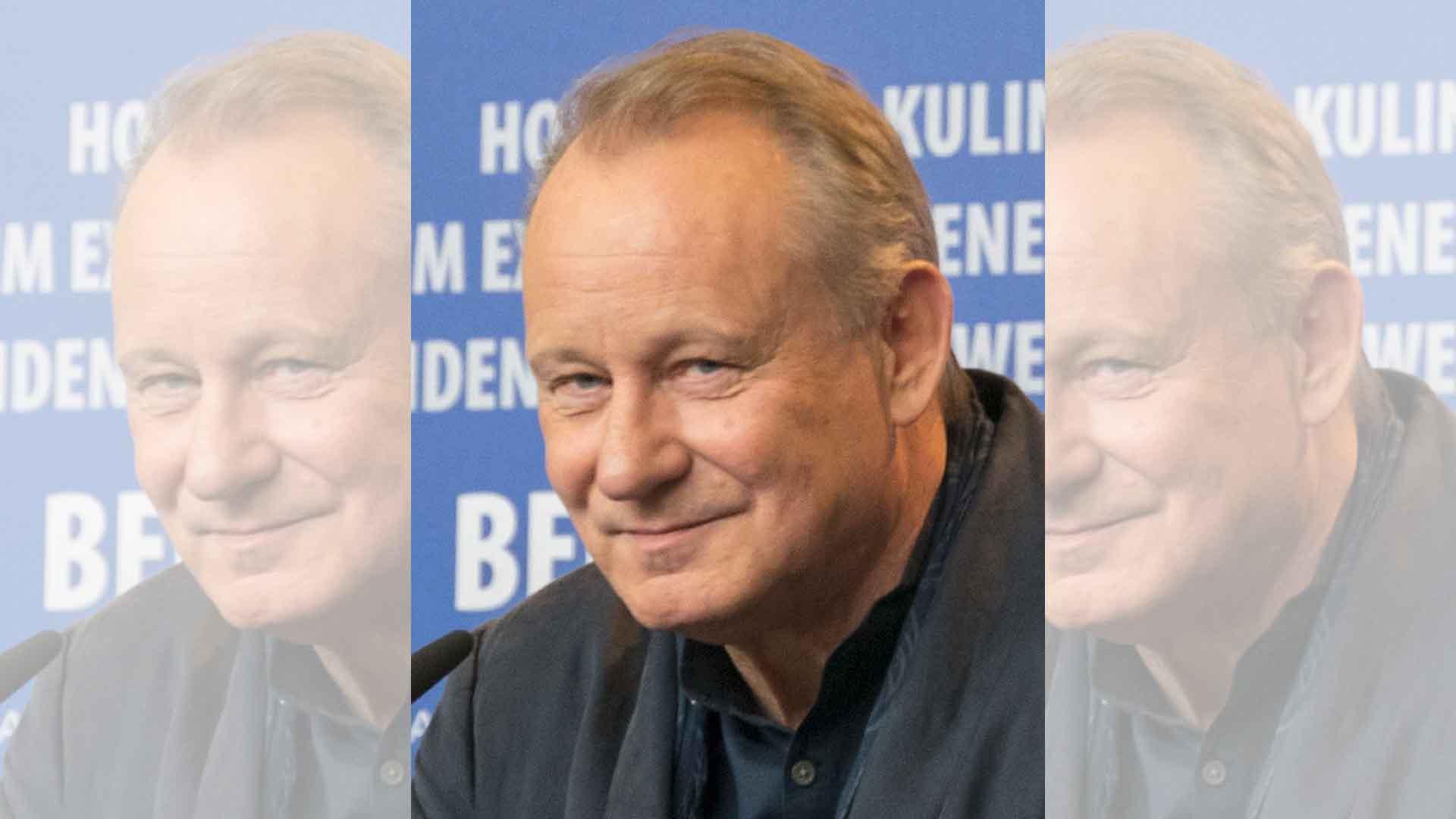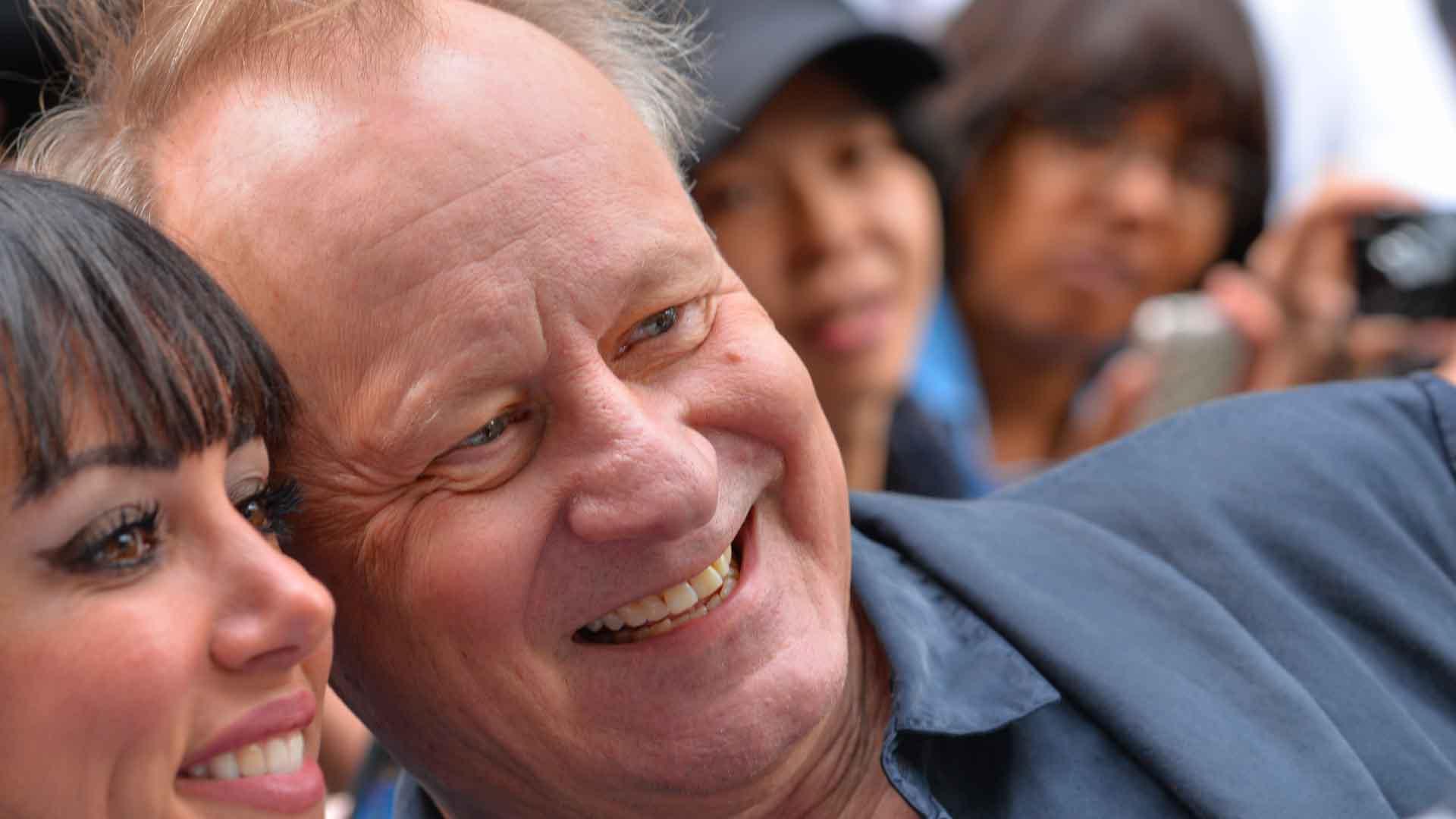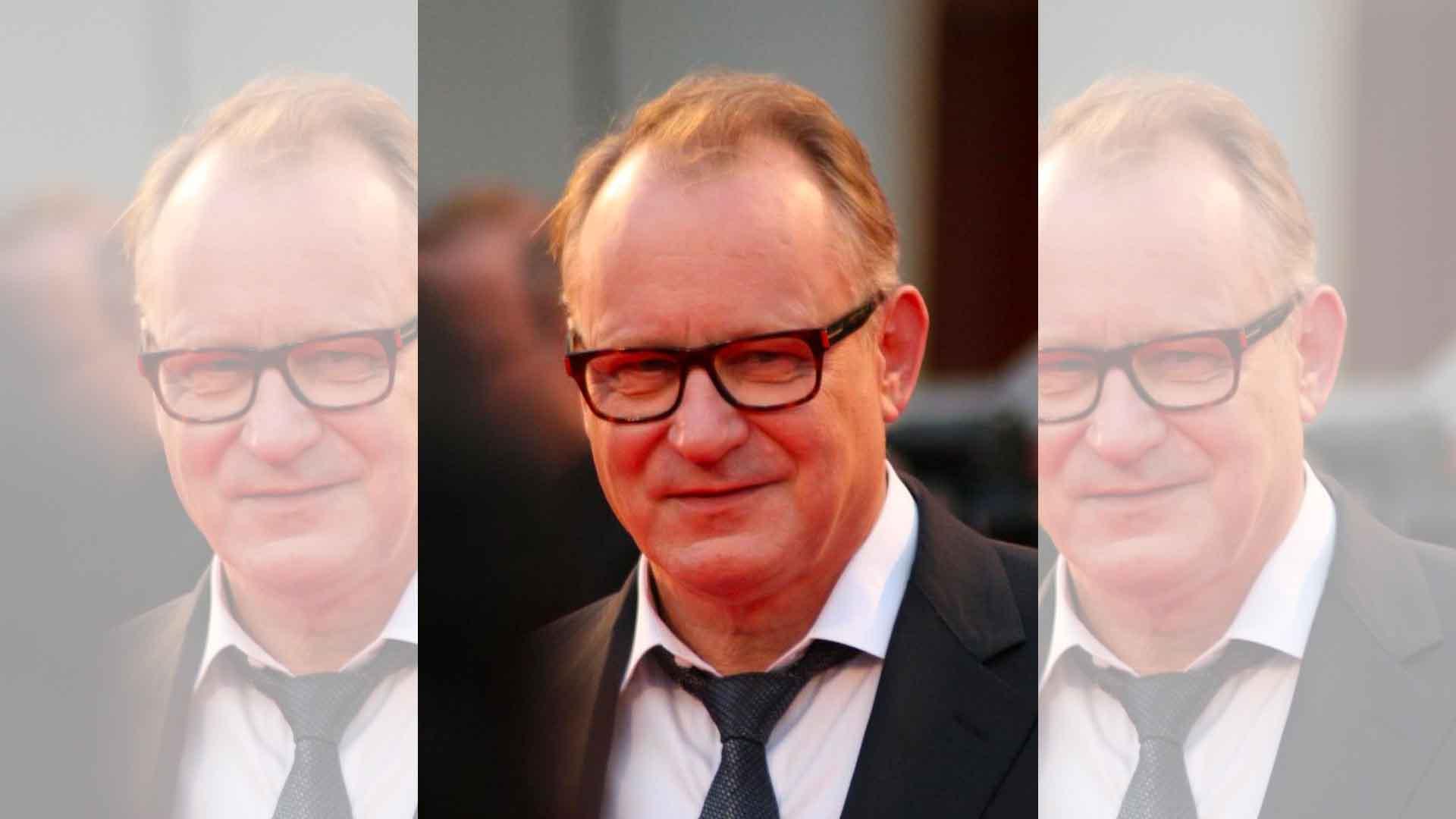During a recent interview on the red carpet, Stellan Skarsgård, known for his roles in sci-fi, most recently in “Dune: Part 2,” expressed his disdain for what he referred to as a “TikTok question.”
The interviewer had asked him to pinpoint his favorite day on set, seeking a concise, shareable response. However, Skarsgård, highlighting the complexity of his experiences, refused to simplify his answer for the bite-sized content culture that platforms like TikTok promote.
The Context of the Interview

The interview took place during the red carpet event for “Dune: Part 2,” a highly anticipated sequel to the science fiction saga. Skarsgård, returning as the villainous Baron Harkonnen, addressed Amelia Beth Dimoldenberg’s questions about his role and the film’s production.
Dimoldenberg asked, “What’s your favorite day on set? Do you have one that you remember that sticks out?” Skarsgård answered, “No, it’s such a TikTok question because you want a question that has one short answer. I don’t … “
The TikTok Era of Journalism

Skarsgård’s interaction points to a broader trend in media and journalism where the demand for quick, easily digestible content often overshadows in-depth discourse.
This trend, propelled by the rising popularity of platforms like TikTok, has reshaped how celebrities and their work are discussed in public forums, pushing toward more superficial engagements.
Who Is Stellan Skarsgård?

Stellan Skarsgård is not just any actor. With a career spanning over several decades, he has established himself as a significant figure in both European cinema and Hollywood.
His roles range from Erik Selvig in the Marvel Cinematic Universe to the formidable Baron Harkonnen in “Dune,” among countless others.
Impact of Short-Form Content

Short-form content platforms have significantly impacted how information is consumed and discussed.
While they offer the advantage of brevity and accessibility, they can also contribute to a reduced attention span among audiences (specifically younger viewers) and an oversimplification of complex subjects, as eluded to by Skarsgård’s reaction.
Skarsgård’s Career and Acting Philosophy

Skarsgård’s approach to acting and his choice of roles demonstrate a commitment to storytelling depth and character complexity, not to mention his preference for makeup rather than relying on CGI.
This commitment contrasts sharply with the fast-paced, surface-level queries that dominate social media-driven interviews, highlighting a divide between traditional and new media formats.
The Challenge for Journalists

Journalists today face the challenge of balancing the public’s decreasing attention spans with the need for thorough reporting and storytelling in a digital world.
The interaction between Skarsgård and Dimoldenbergis reflects this balancing act and raises questions about the future of entertainment journalism in the age of social media.
Audience’s Role and Responsibility

As their interview continued, Dimoldenberg suggested, “You could just say no.” The actor replied promptly, “No.”
Skarsgård’s refusal to engage with a “TikTok question” serves as a reminder of the audience’s power to demand more substantive content, moving beyond the confines of social media trends.
The Evolution of Celebrity Interviews

Celebrity interviews have evolved significantly over the years, from in-depth conversations to rapid-fire Q&As tailored for social media platforms.
So much so, that questions have arisen as to whether or not content creators should be interviewing celebrities at all during major events, especially when the primary goal is simply to generate clicks and views.
Skarsgård’s Message

Through his deliberate refusal to offer a straightforward response, Skarsgård effectively conveys his thoughts regarding the significance of embracing thoughtfulness within conversations concerning art and entertainment.
This deliberate approach challenges not only the media but also the audience to move past superficial interpretations and engage more deeply with the subject matter.
On the Other Hand

While social media has democratized the entertainment industry, giving audiences a platform to voice their opinions and connect with their favorite celebrities directly, interactions such as this one raise questions about the authenticity of these interactions and whether or not they truly reflect the celebrities’ thoughts and feelings.
And, of course, in actively speaking against TikTok trends, Skarsgård’s response ultimately ended up being the very thing he was trying to avoid — a viral TikTok clip.
Reflections on the ‘TikTok Question’ Phenomenon

The incident highlights a growing tension between the demand for quick content and the desire for genuine dialogue.
As we move forward, the entertainment industry and its audiences will need to navigate these conflicting pressures, balancing the allure of viral content with the integrity of authentic (and compelling) storytelling.

